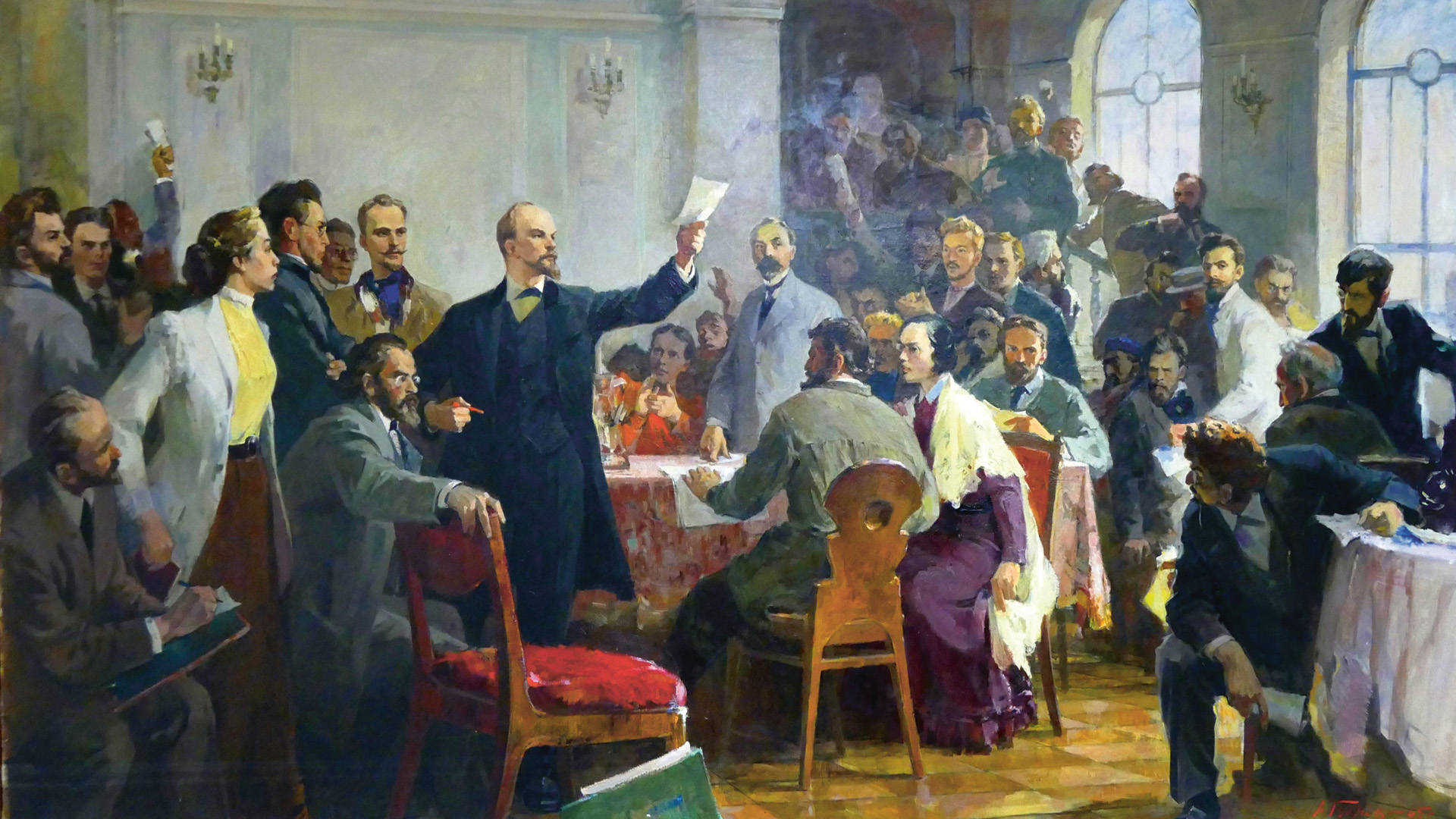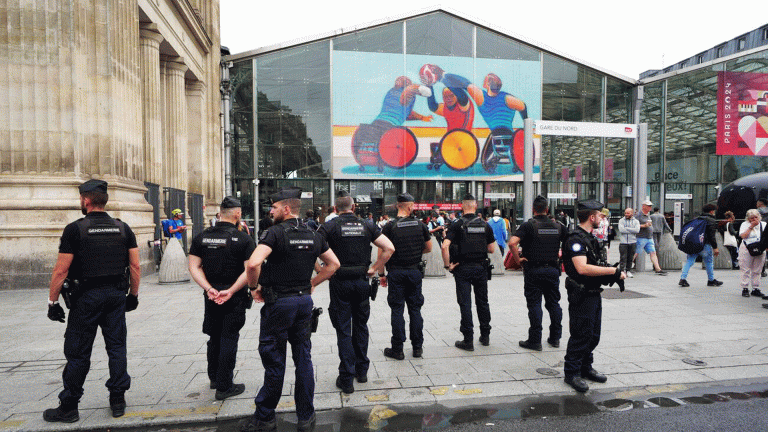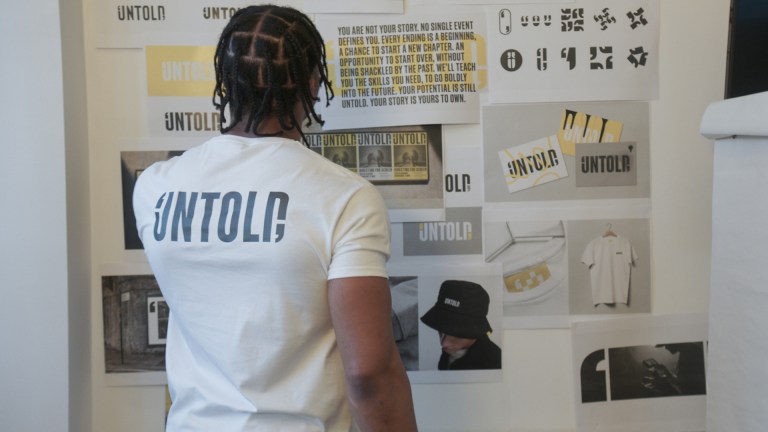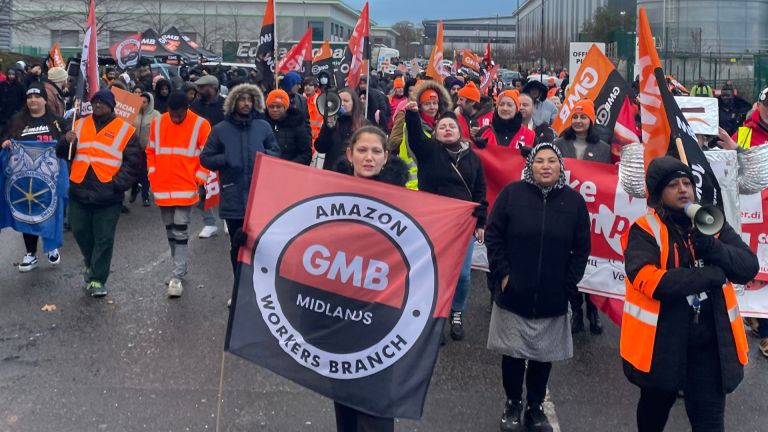I am constantly reminded of a comment attributed to Lenin on the morals of money: “The capitalists will sell us the rope with which we will hang them.” You don’t have to love the trajectory of Lenin’s own course through life – as the father of the USSR, according to the blue plaque outside his 1903 home in London’s Bloomsbury – but you can embrace the wisdom of the comment.
If you want to negotiate your way through the business wilderness of modern life it is best to bear in mind that enterprises like the water companies – bought and created out of nationalised, taxpayer-funded assets – will be there for the money. And will, as has been alleged, shift resources from fixing leaks and poor apparatus into the pockets of shareholders. Because shareholders are the reason they are in the business. And the business is the manufacturing of the opportunity to make money for the shareholder.
I have a particular interest in water because there was precious little of it when I was born. Slums don’t throw up welters of water, and slum thinking – the adaptation of thinking that goes with poverty – rarely sees the advantages of common, clean water. I have remained permanently thirsty therefore for water, and when I hear of leaks I am particularly aware of waste.
So capitalism creates a product out of a nationalised asset, which was previously nationalised out of a private asset that wasn’t working: virtually all nationalised assets were badly working private assets.
Then, later, it is returned to the bear pit of the marketplace. Sold off, it often rises to profitability because of private investment and public purchasing, ie the client has to buy the stuff – in this case water – anyway.
Where Lenin’s comment cuts deep is that privatising a nationalised service and wringing profits from it in advance of better provision – massive leaks in the case of water – will undermine and destroy the company. And will possibly lead to a regime that in desperation will expropriate the profiteers’ company without compensation.










